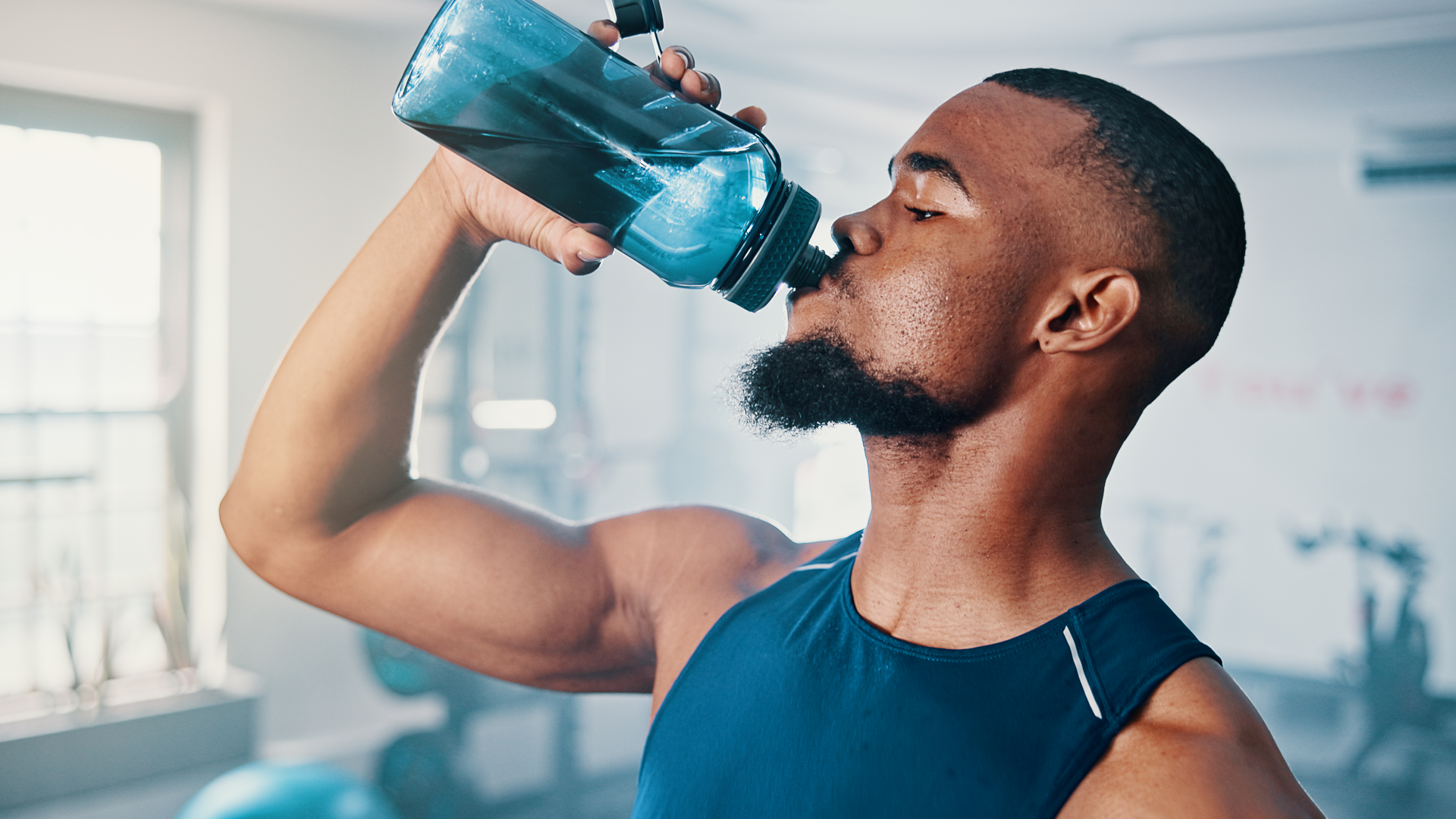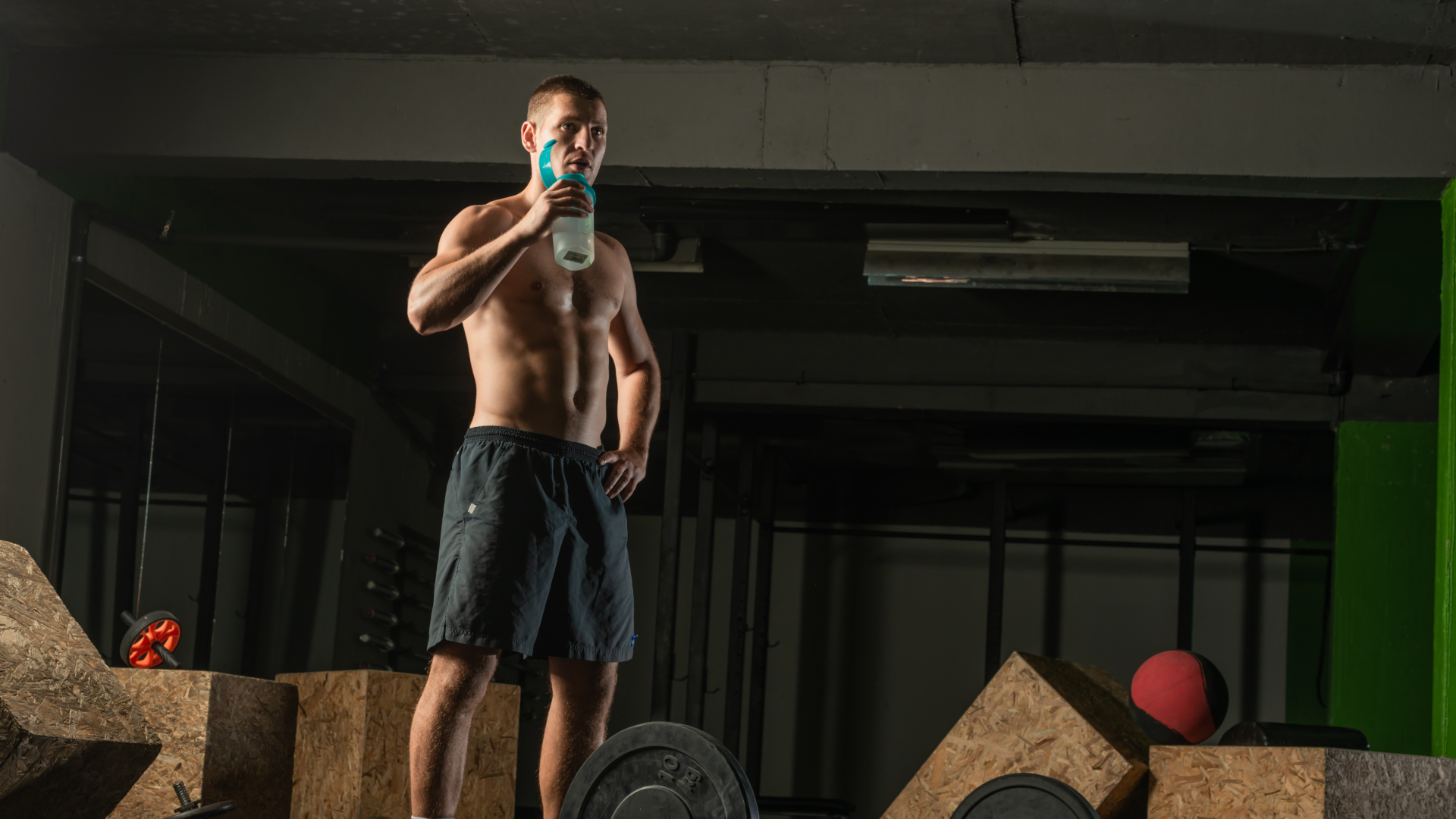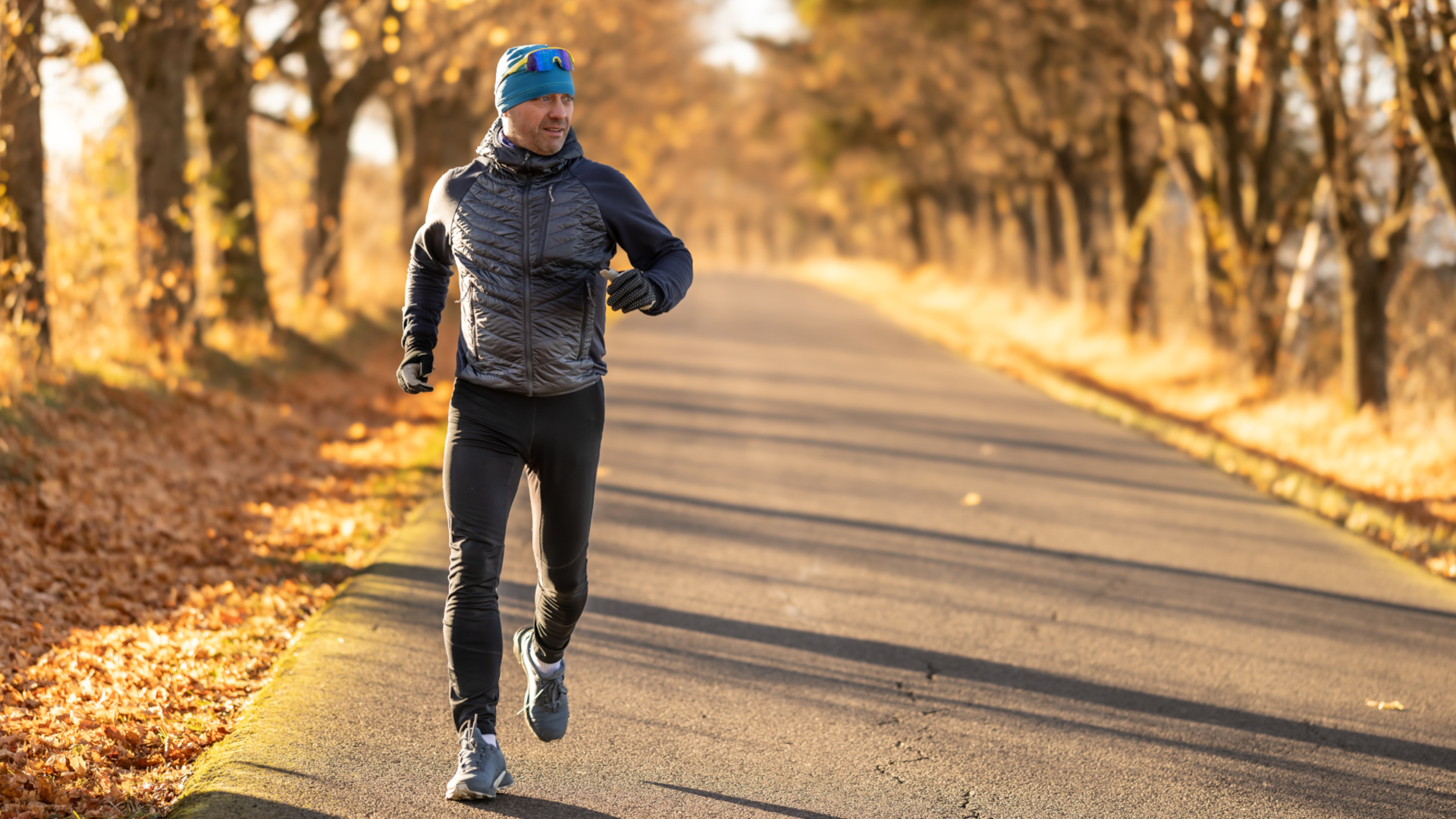When should you actually take electrolytes? Here’s what an expert says
And everything else you need to know about the supplement


Get all the latest news, reviews, deals and buying guides on gorgeous tech, home and active products from the T3 experts
You are now subscribed
Your newsletter sign-up was successful
Electrolytes are nothing new on the supplement scene, but they are very much having a moment – everyone is either sprinkling them into their gym water bottle, or a brand is releasing them.
When we sweat, we lose electrolytes (sodium, potassium, magnesium and calcium), which is why people often add them into their gym bag on warmer training days, to help them replenish what's been lost. But is there an optimal time that you should take them to get the most benefits?
“You can take electrolytes before, during, or after exercise depending on what you're trying to achieve,” says Dr Samuel Impey, Scientific Advisor at Puresport. “For optimal performance in events like Hyrox or 10km / half marathon races, having an electrolyte drink such as Puresport's Ultra Electrolytes in the one to two hours before as part of your fuelling plan can be beneficial.
“Taking electrolytes during longer endurance events like marathons or triathlons, can help maintain electrolyte levels. Most commonly though, people use electrolytes as part of their recovery. It's very thirst-quenching and feels fantastic when you have a nice cold electrolyte drink.”
In regard to how often you should take them, Dr Impey says it depends on how often you’re doing hard training sessions. If you were doing very sweaty exercise for longer than an hour, daily, then he says you could take them every day. However, most people won’t require them daily.
Below, we also asked Dr Impey some of the most popular questions surrounding electrolytes, from whether they’re needed in the winter, to what to look for in a good electrolyte drink. But, first up (and most importantly) what actually are electrolytes…
What are electrolytes?

“Electrolytes are salts and minerals that are essential for the normal and optimal functioning of almost every cell in our body – specifically sodium, potassium, magnesium and calcium,” explains Dr Impey. “They act as catalysts for chemical reactions and help balance the electrochemical gradients across our neurons and inside our muscles.
Get all the latest news, reviews, deals and buying guides on gorgeous tech, home and active products from the T3 experts
“The point of taking them is either to help pre-hydrate you before exercise so you're optimally ready to go, or to help with rehydration after you've done a sweaty session where you've lost a lot of these electrolytes through sweat.”
What should you look out for in a good electrolyte drink?
Of course, you want to make sure it contains a reasonable balance of sodium, potassium, magnesium and calcium. But Dr Impey also adds that the smaller the ingredient list, the better. “Just stick with the electrolytes and make sure it's a fairly small ingredient list so you're getting just what you need and nothing unnecessary." Below, are the quantities Dr Impey recommends looking out for:
- Sodium: 750 - 1000 mg
- Calcium: 25 - 75mg
- Potassium: 200 - 300mg
- Magnesium: 75 - 150mg
A small amount of natural flavourings is also ok, but he says to avoid any added extra vitamins if it’s specifically an electrolyte drink that you’re after.
Should we be taking electrolytes in the winter?

Ultimately, this comes down to the type of workout you’re doing and how sweaty it makes you. “If you're training indoors doing high-intensity sessions, like Hyrox, and you're very sweaty as a result, then that can be a good opportunity to use electrolytes,” Dr Impey says. “But, if you're out in the winter doing low and slow running for a short period and you're not that sweaty, then you probably don't need electrolytes.”
Who shouldn't take them?
If you have any health issues, particularly related to your kidneys, it's really worth checking with your doctor whether it's appropriate for you to take electrolytes around your exercise sessions," says Dr Impey. This is because your kidneys help balance electrolyte levels, therefore if yours aren't functioning properly it can lead to a dangerous imabalance.
Other people who should consult with their GP are those who suffer from high blood pressure, heart problems, or who are taking a diuretic.

Bryony’s T3’s official ‘gym-bunny’ and Active Staff Writer, covering all things fitness. She is a certified personal trainer and also a part-time fitness instructor. In her spare time, you will find her in her natural habitat - the gym - where her style of training is a hybrid of bodybuilding and powerlifting. Bryony loves writing about accessible workouts, nutrition and testing innovative fitness products that help you reach your fitness goals and take your training to the next level.
You must confirm your public display name before commenting
Please logout and then login again, you will then be prompted to enter your display name.